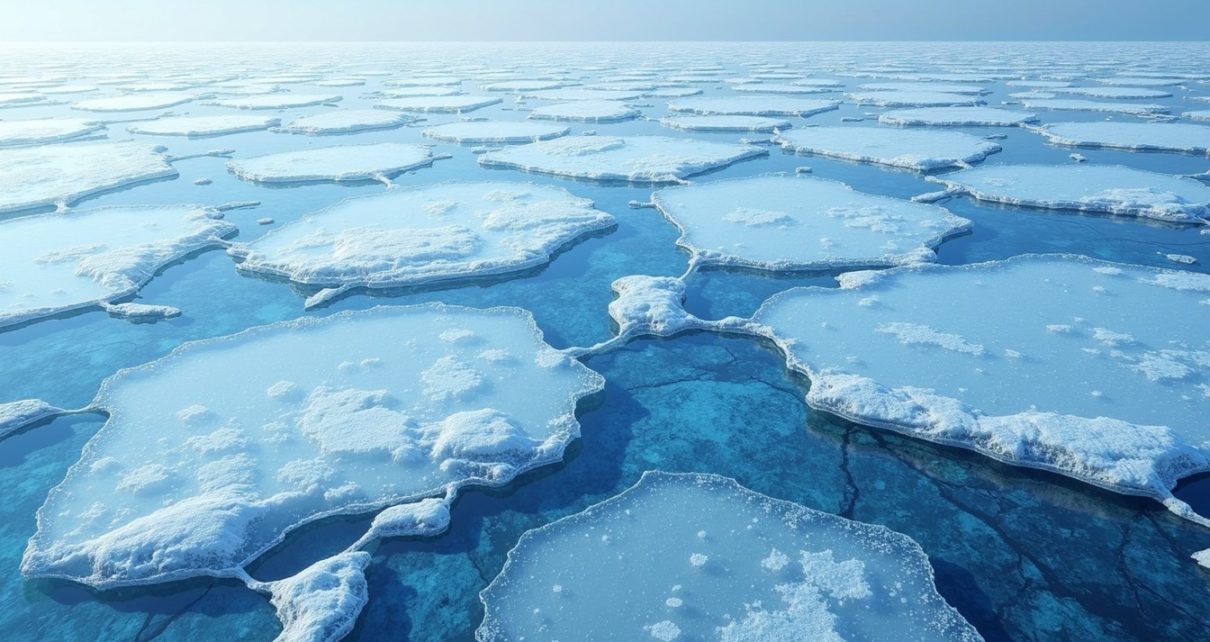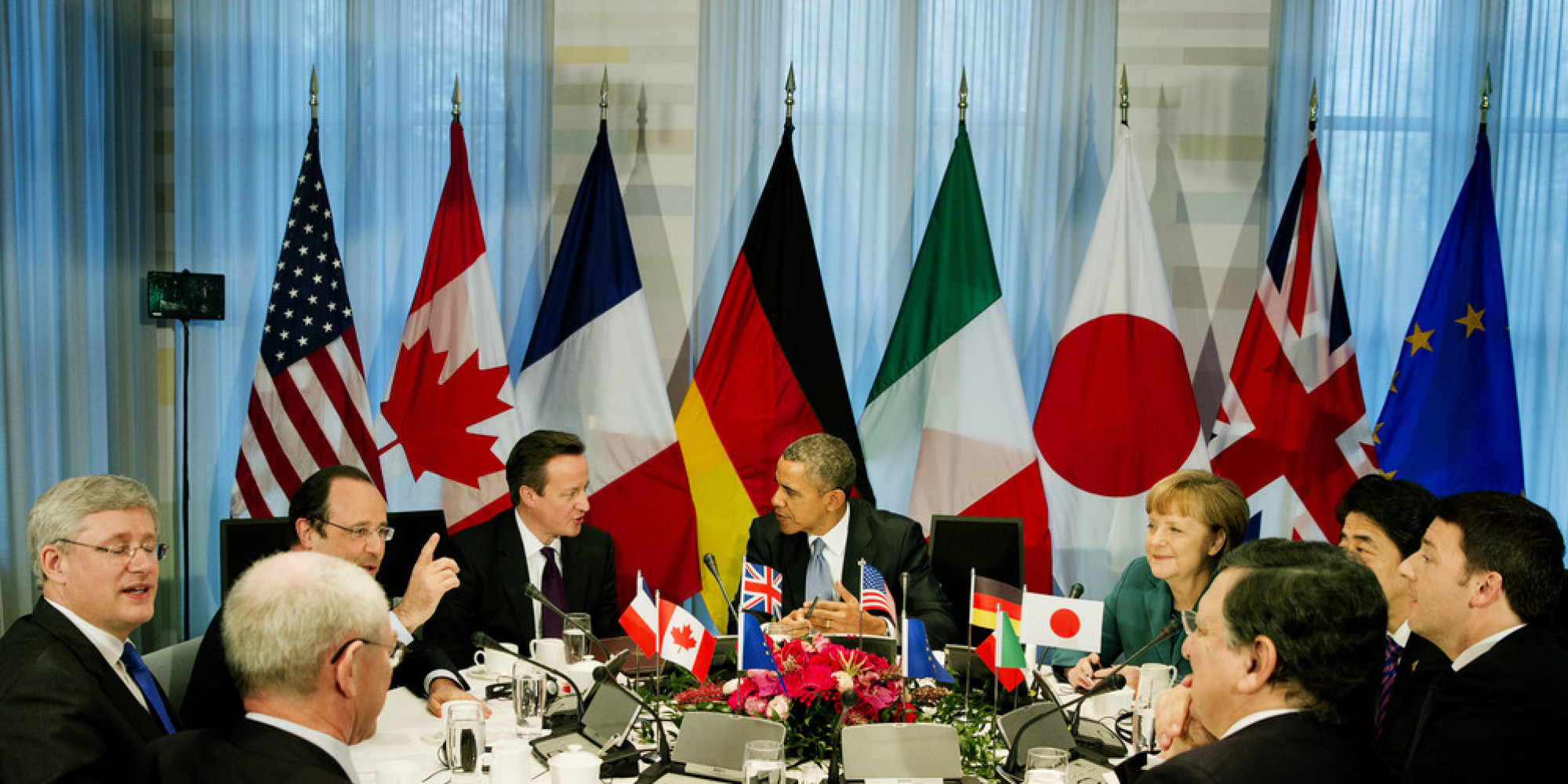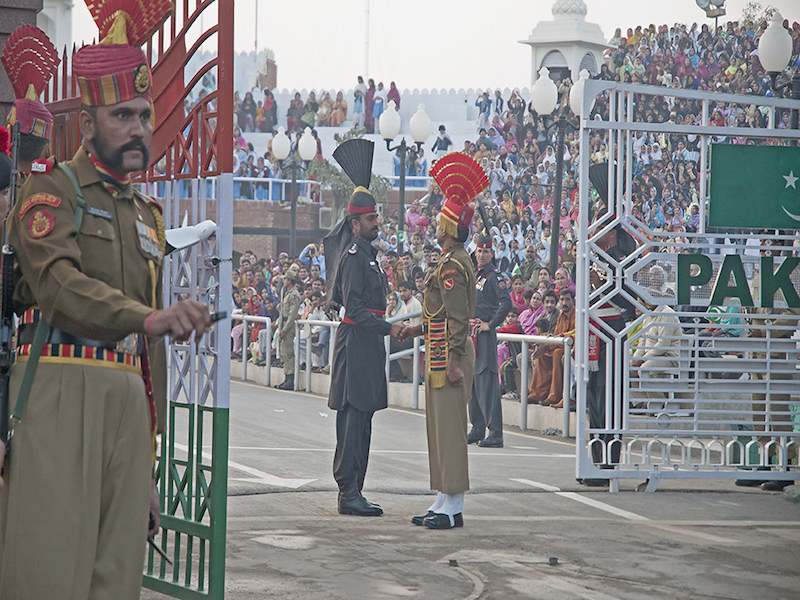Canada is seeing rising tensions on its southern border. While calls from the current US administration to make Canada the 51st state draw the public’s attention, there is another border that has seemed to slip the minds of most Canadians: the Arctic.
Canada and Russia share a border through the Arctic, which has proven to be problematic ever since Russia’s invasion of Ukraine. Russia’s imperialistic actions in Ukraine show that its national agenda is one of aggressive expansion; sharing a border with such a state exposes bordering nations to similar imperialistic ambitions. As such, Canada should be seriously considering improving its Arctic defences not only to counter Russia, but to also assist in NATO’s broader defence strategy.
The Arctic is an area of the world that represents a unique security challenge. As it is warming two to three times faster than any other place on the planet, causing the loss of millions of tons of ice. Brown University notes that the melting of the ice in the Arctic provides a new opportunity for international trade. Russia has maintained a tight hold on the shipping lanes in the Arctic, requiring that ships be piloted by Russians and that ships pay a toll. With the number of ships moving through the Arctic increasing, this means that Russia is gaining more from these tolls. As such, Russia has been able to use the Arctic to improve both its economic and security position. However, this will all soon change.
With the melting of the Arctic, scholars say that new trade routes will open up threatening Russia’s control of the region, meaning Canada should prepare for an increase in activity there.
On December 6th, 2024, Global Affairs Canada released a press release outlining a plan to protect the Arctic from encroachment by foreign entities. One of these steps in defending the Arctic is to deepen strategic alliances with the USA and Denmark, who also have significant holdings in the Arctic. Canada strengthening its ties with the USA in the Arctic is especially advantageous, as NORAD has protected the Arctic since its inception through the use of airtime and maritime warning systems. Yet, it requires modernization, as noted by a paper released by the Canadian Forces College entitled “Frozen Frontlines: Evaluating the Strategic Importance of NORAD Modernization on Arctic Sovereignty.” However, current relations between the two countries pose a significant obstacle to cooperation which is stalling the changes needed to improve each navy’s ability to guard the Arctic.
Russia’s testing of NORAD and Arctic defenses only speaks to the increased need for cooperation. The U.S. and Canada’s waning influence in the Arctic will only result in Russia emboldening its actions there. With the USA’s foreign policy in disarray, it falls to Canada and Denmark to secure the Arctic.
Denmark has already promised to boost spending on defence in the region by providing $2.05 billion USD in funding. While this is in response to Russia’s actions in the Arctic, it is also the result of calls from the USA to annex Greenland. Individually, Canada, Greenland, and Denmark all have strategic interests in protecting the Arctic.
Such self-interest in national strategy then serves NATO. By capitalizing on this concern, NATO could improve Arctic defence for its members as well as increase interoperability. By doing this, not only would each nation be serving its national interest but also supporting NATO.
With multiple Russian aerial incursions in the Arctic, and with NORAD in a seemingly precarious position with the current dispute between Canada and the USA, it is crucial that NATO begin force projection operations in the Arctic to deter Russia. NATO has already started this projection specifically with Nordic Countries, recently including support from other NATO nations such as Canada, the USA, and the U.K.
Not only does this help to demonstrate NATO’s commitment to the defence of its members but also the practicality of interoperability, defined as “the ability for [a]llies to act together coherently, effectively and efficiently to achieve tactical, operational and strategic objectives.” It can do this through the use of its Standing NATO Maritime Groups which is composed of some vessels from each member nation.
While NATO’s Maritime Command (MARCOM) is currently engaged in activities in the Mediterranean through Operation Sea Guardian, it has the opportunity to initiate another operation in the Arctic. Such an opportunity would not only serve to demonstrate the strength of the alliance’s members but also assist in deterring Russia from undertaking any more provocative actions in the Arctic.
Canada can not only support NATO by investing more in Arctic defence but it can also protect itself. So long as climate change rages, the Arctic will continue to be a battleground for the world’s superpowers. The economic potential of the region makes it a valuable asset to any nation that maintains a strong presence there. Russia is seeking to control as many of those assets as possible to fuel its imperialistic agenda. As such, Canada and other NATO allies have a duty to work towards not only individual investment in Arctic defence but also in advocating that NATO undertake more operations there.
Disclaimer: Any views or opinions expressed in articles are solely those of the authors and do not necessarily represent the views of the NATO Association of Canada.





